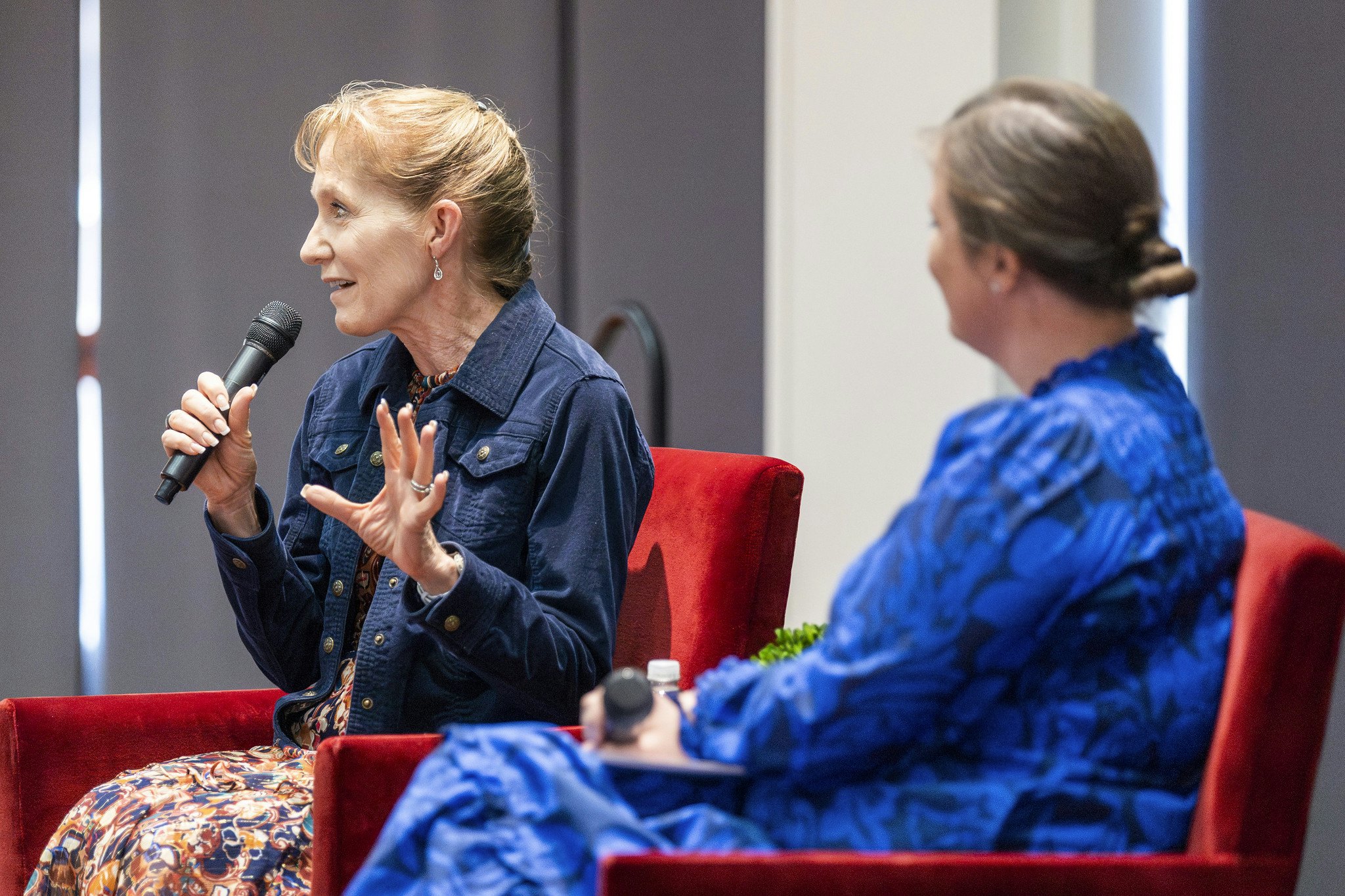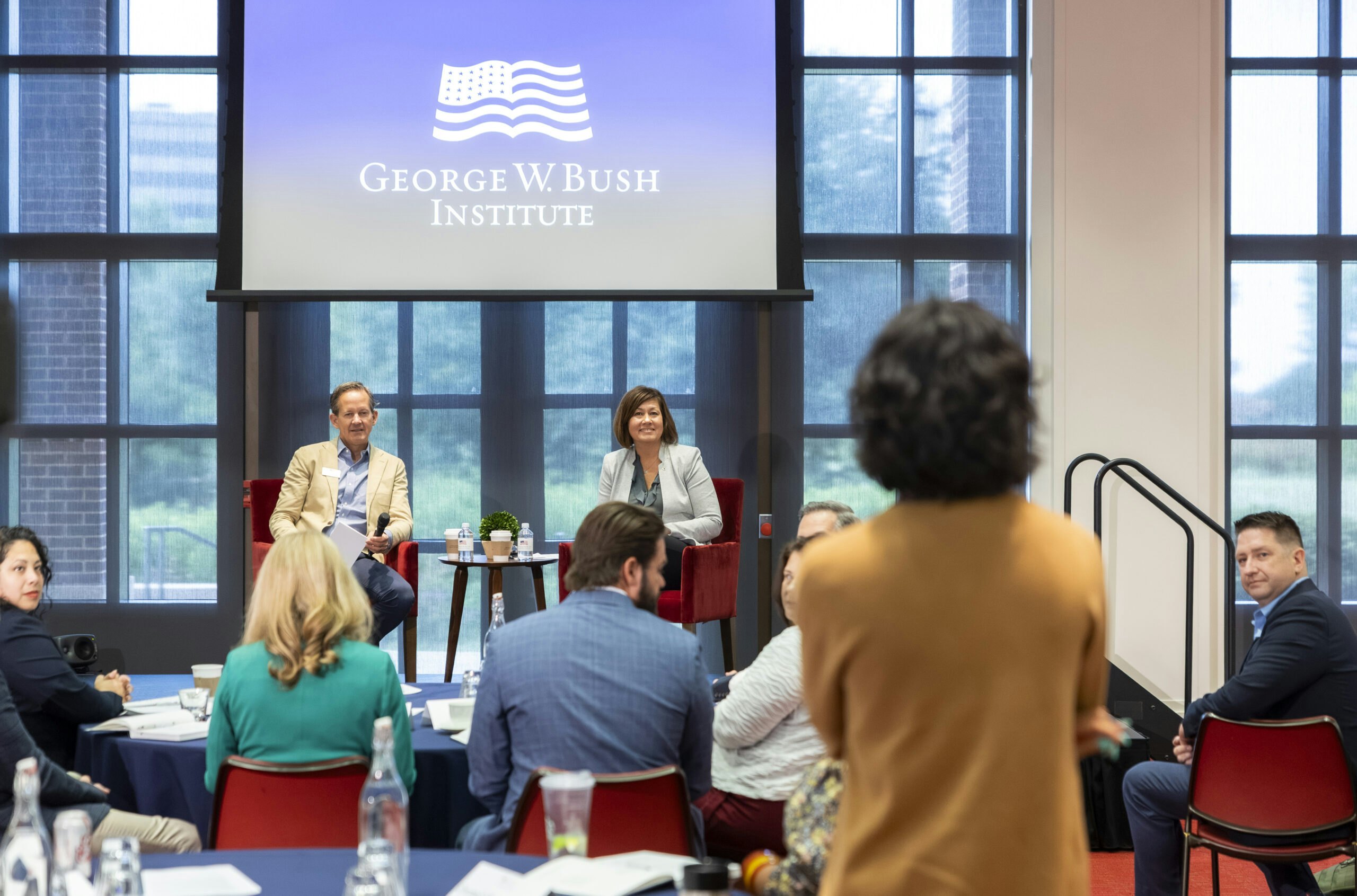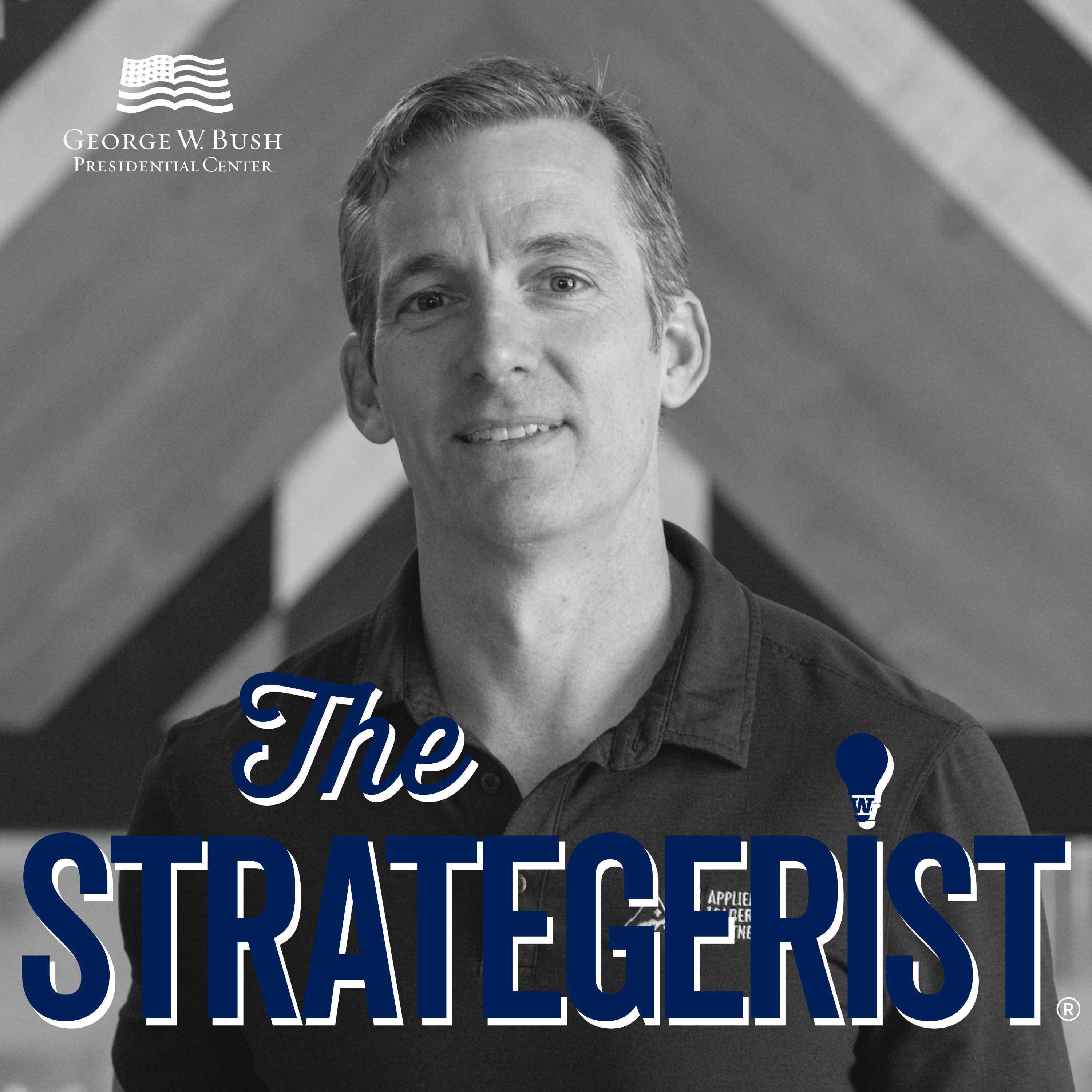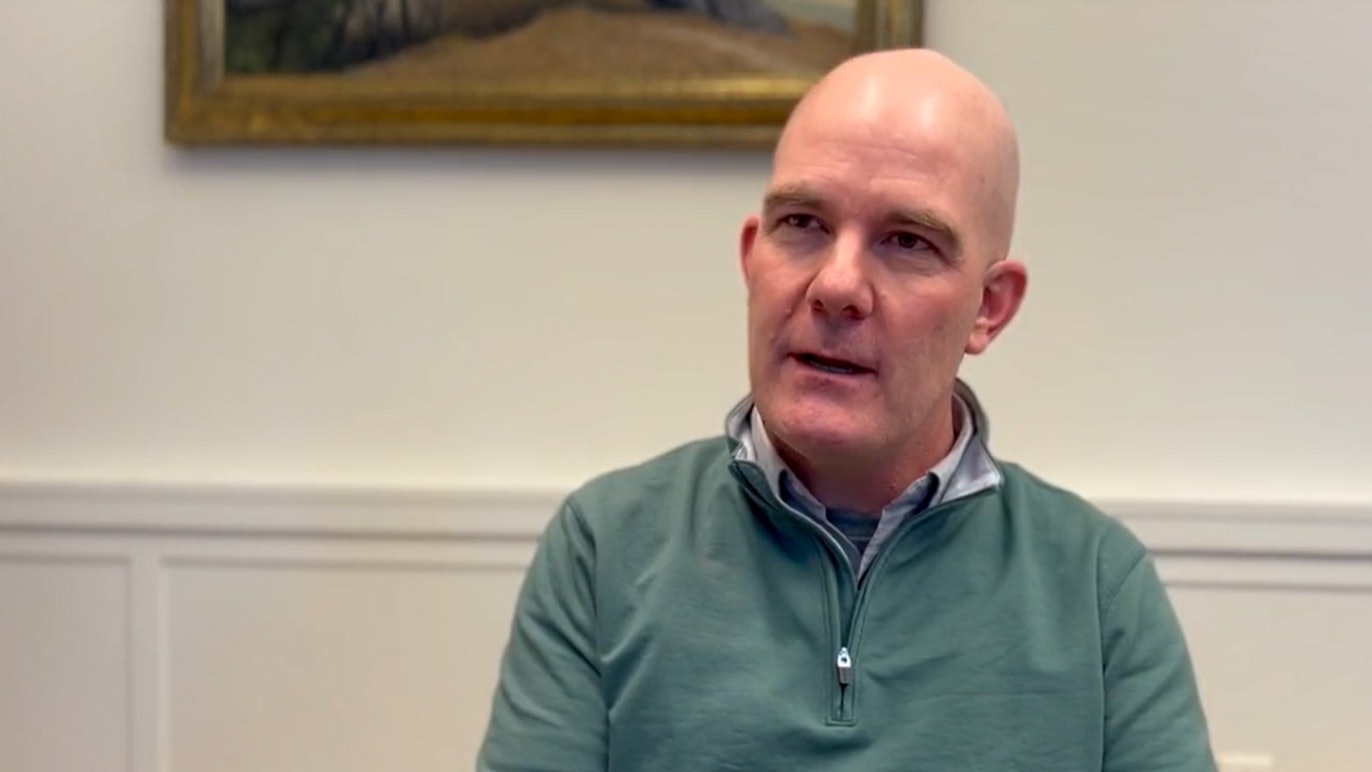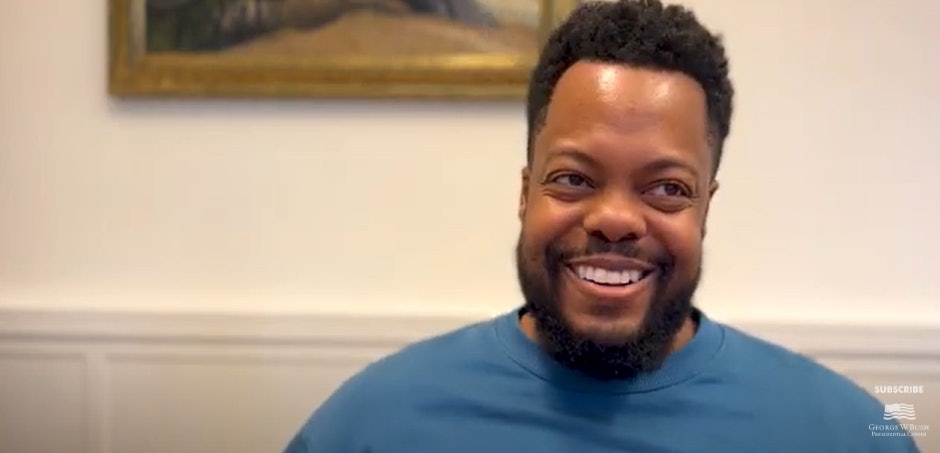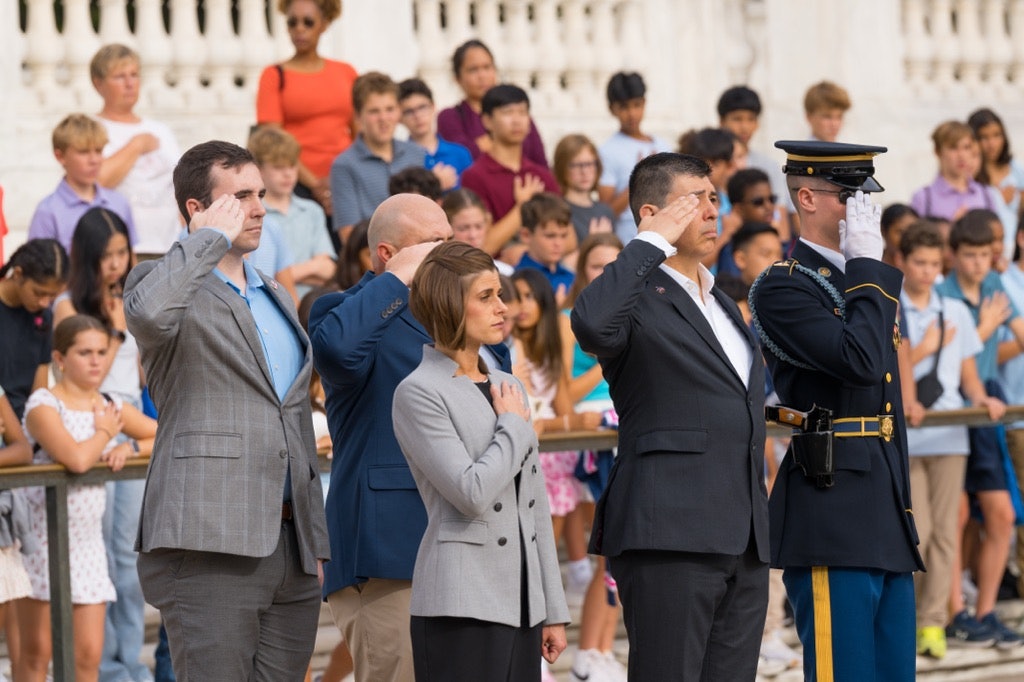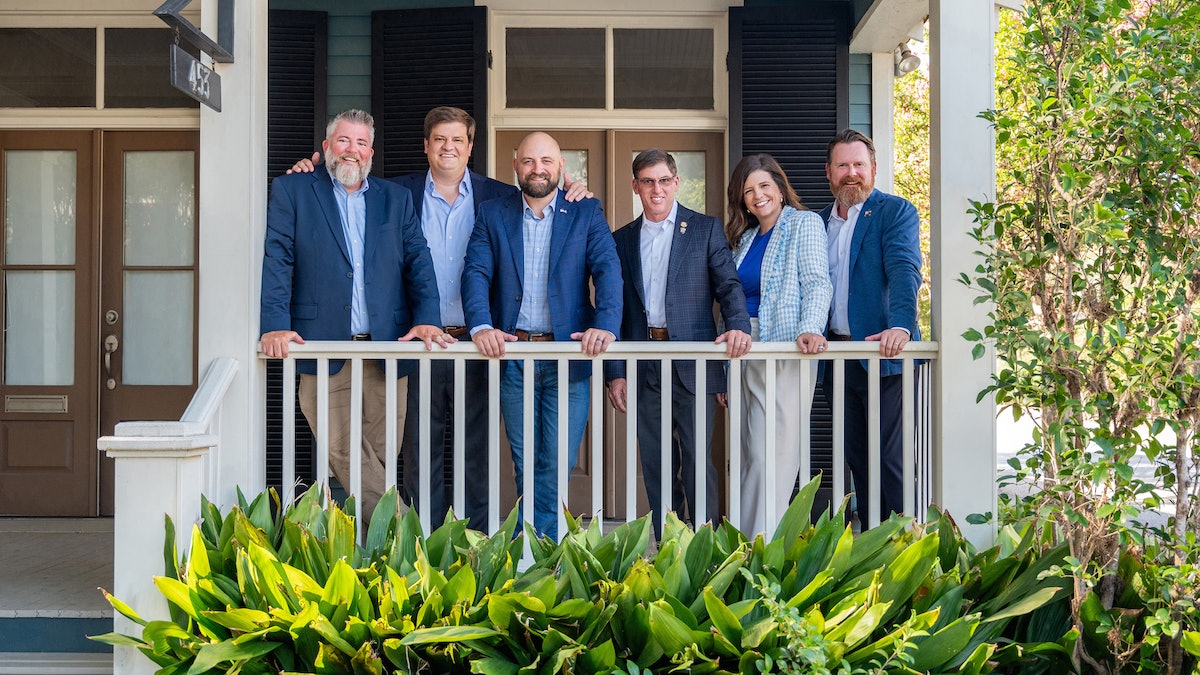General Alfred K. Flowers, Sr., the longest-serving airman in U.S. Air Force history, captivated a room full of 2025 Stand-To Scholars – veterans, military family members, and representatives of veteran-serving organizations – in Dallas recently as he shared lessons on life and leadership.
He discussed the importance of education, values, family, and learning from failure with a series of “Flower-isms” – his philosophies on life – during the latest module of the George W. Bush Institute’s Stand-To Veteran Leadership Program (VLP), which increases the impact and develops the skills of those who serve our nation’s veterans.
“When you fail, fail forward, not backwards,” the general advised.
“Failing forward is a concept I often emphasize with my team (and my child!),” said 2025 Stand-To Veteran Leadership Program Scholar Janice Walton, Director of Programs for the Military Family Advisory Network. “There is so much we can learn from failure that helps us grow, and when we see failure not as a setback but as a setup for the future, it really shifts how we view failure internally.”
Flowers’ life lessons are hard-won from a unique and inspiring journey that began in the sharecropping South. He attended an all-grades segregated school in a tiny house, joined the Air Force for a better chance to pay for college, and became the longest-serving African American across all branches of the military.
One of the lessons he learned early on is that everyone has a different path, but life affects us all, and we each have the choice to become the change we want to see in the world and ourselves.
“If I want to be better, don’t blame the system, go do something yourself and do something about it,” Flowers said. “We spend too much time worrying about what happened to us when we should be worried about what happened in us and how to fix it. Life is what happens to all of us if we keep living.”
Speaking to the room full of leaders in the military-connected community service, Flowers shared that “the best way to determine if you are a leader is to see who is following. If no one is following, perhaps you are just taking a walk. Be careful taking walks in life, make sure you are walking in the right direction and you’re not walking backwards.”
Two Flower-isms that stuck with Lloyd Knight, 2025 Stand-To VLP Scholar, Veteran Talent Acquisition Manager at UPS and President of VETLANTA, were “don’t design your legacy, live your legacy,” and “arrogance will take you where you don’t want to go, but humility can carry you further than you might imagine.”
The general’s “positiveness was encouraging and inspiring,” Knight said.
Along with Flowers’ inspirational words, Scholars attending Module Two of the current program also learned lessons in vision and communication and the importance of measuring organizational impact.
Two top experts facilitated the organizational communication sessions Mike Hemphill, Senior Director of Leadership Development at the Clinton Foundation, Professor of Practice at the Clinton School of Public Affairs, and Co-Director of the Presidential Leadership Scholars Program; and Kevin Sullivan, Senior Advisor at the George W. Bush Presidential Center.
The presentation on the importance of measuring organizational impact was led by Eva Chiang, Director of the Master’s of Public Policy Program at SMU, and Kristin Kent Spanos, Deputy Director of Research and Evaluation at the Bush Institute.
While the module lessons were insightful and practical, Gen. Flowers’ conversation made the most significant impression, 2025 Stand-To VLP Scholar Katie Eksten Gomez, founder and coach at Oakstone Coaching & Consulting, shared.
Engaging with him “was a powerful affirmation of the values we hold dear: a love for this great American experiment, the quiet strength of servant leadership, and the unwavering commitment to elevate our communities. His example reminds us that true dignity lies in service before self,” she said.
He left the Scholars with one final reminder before they went back to their day-to-day lives as leaders in their communities:
“There is no substitute for integrity,” he said. “You’re either doing the right thing or the wrong thing.” Our Stand-To scholars know the importance of integrity all too well and continue to dedicate their work to bettering the lives of service members and their families.







